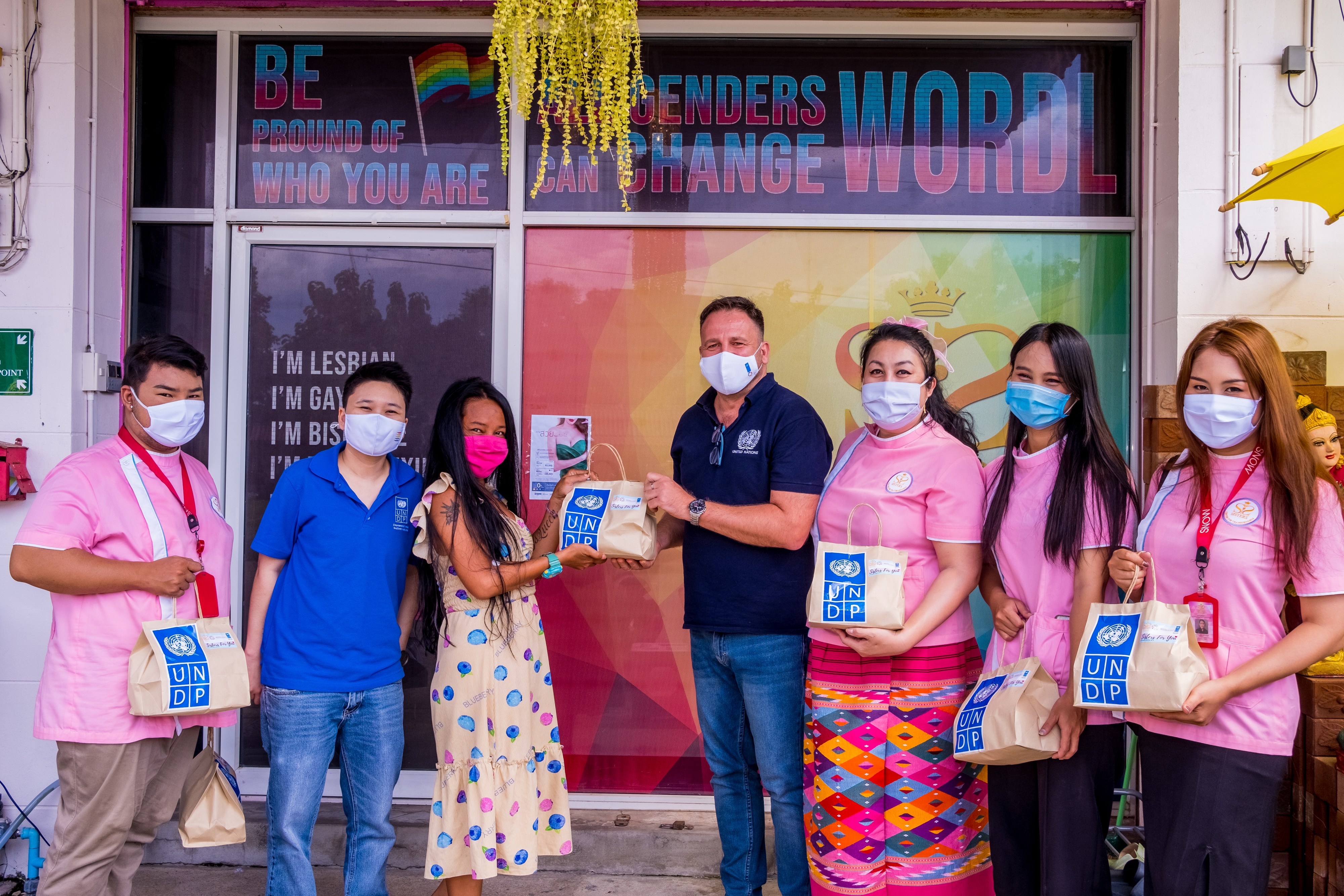
WEIGHT: 55 kg
Breast: Large
1 HOUR:80$
NIGHT: +100$
Services: Domination (giving), Striptease pro, Lesbi-show hard, Lesbi-show hard, French Kissing

Federal government websites often end in. The site is secure. Preview improvements coming to the PMC website in October Learn More or Try it out now. The data underlying the quantitative synthesis are provided as Supporting Information.
The data underlying the qualitative synthesis exist within the underlying publications, which are referenced in the paper. Sex workers are at disproportionate risk of violence and sexual and emotional ill health, harms that have been linked to the criminalisation of sex work. We searched bibliographic databases between 1 January and 9 May for qualitative and quantitative research involving sex workers of all genders and terms relating to legislation, police, and health.

We operationalised categories of lawful and unlawful police repression of sex workers or their clients, including criminal and administrative penalties. We included quantitative studies that measured associations between policing and outcomes of violence, health, and access to services, and qualitative studies that explored related pathways.
Qualitative studies were synthesised iteratively, inductively, and thematically. We reviewed 40 quantitative and 94 qualitative studies. The qualitative synthesis identified diverse forms of police violence and abuses of power, including arbitrary arrest, bribery and extortion, physical and sexual violence, failure to provide access to justice, and forced HIV testing. It showed that in contexts of criminalisation, the threat and enactment of police harassment and arrest of sex workers or their clients displaced sex workers into isolated work locations, disrupting peer support networks and service access, and limiting risk reduction opportunities.

It discouraged sex workers from carrying condoms and exacerbated existing inequalities experienced by transgender, migrant, and drug-using sex workers. Evidence from decriminalised settings suggests that sex workers in these settings have greater negotiating power with clients and better access to justice. Quantitative findings were limited by high heterogeneity in the meta-analysis for some outcomes and insufficient data to conduct meta-analyses for others, as well as variable sample size and study quality.

































